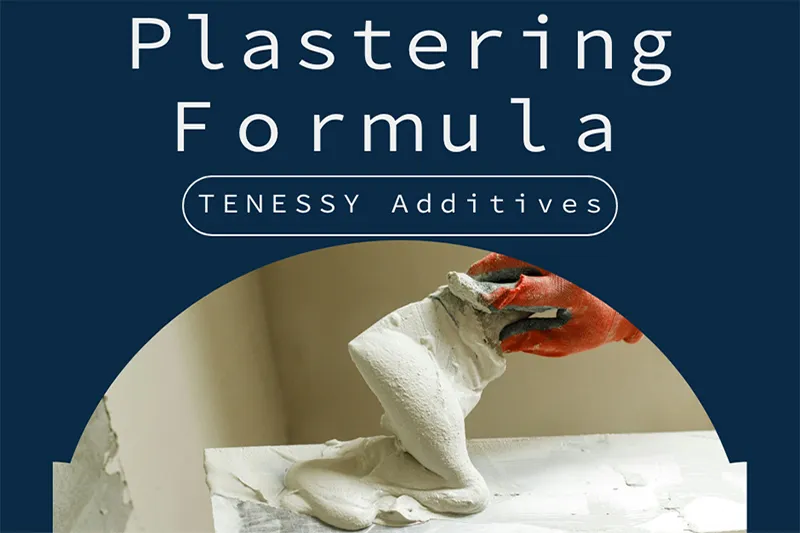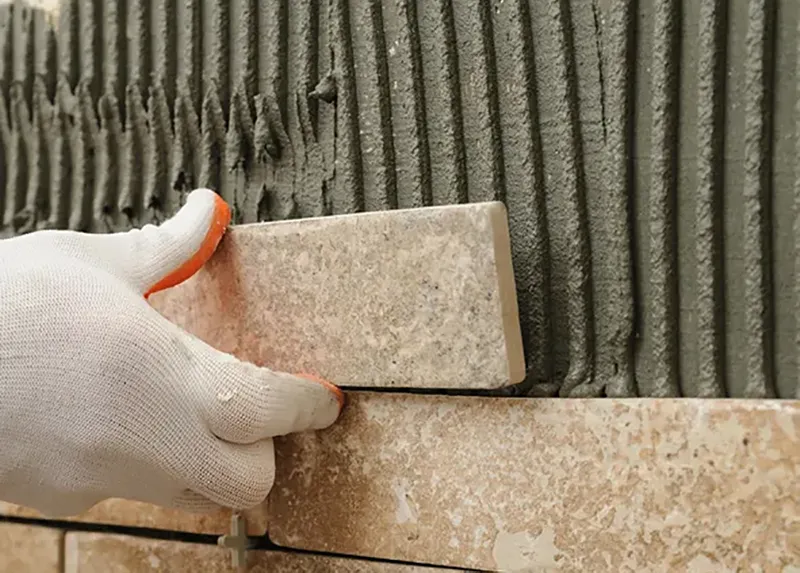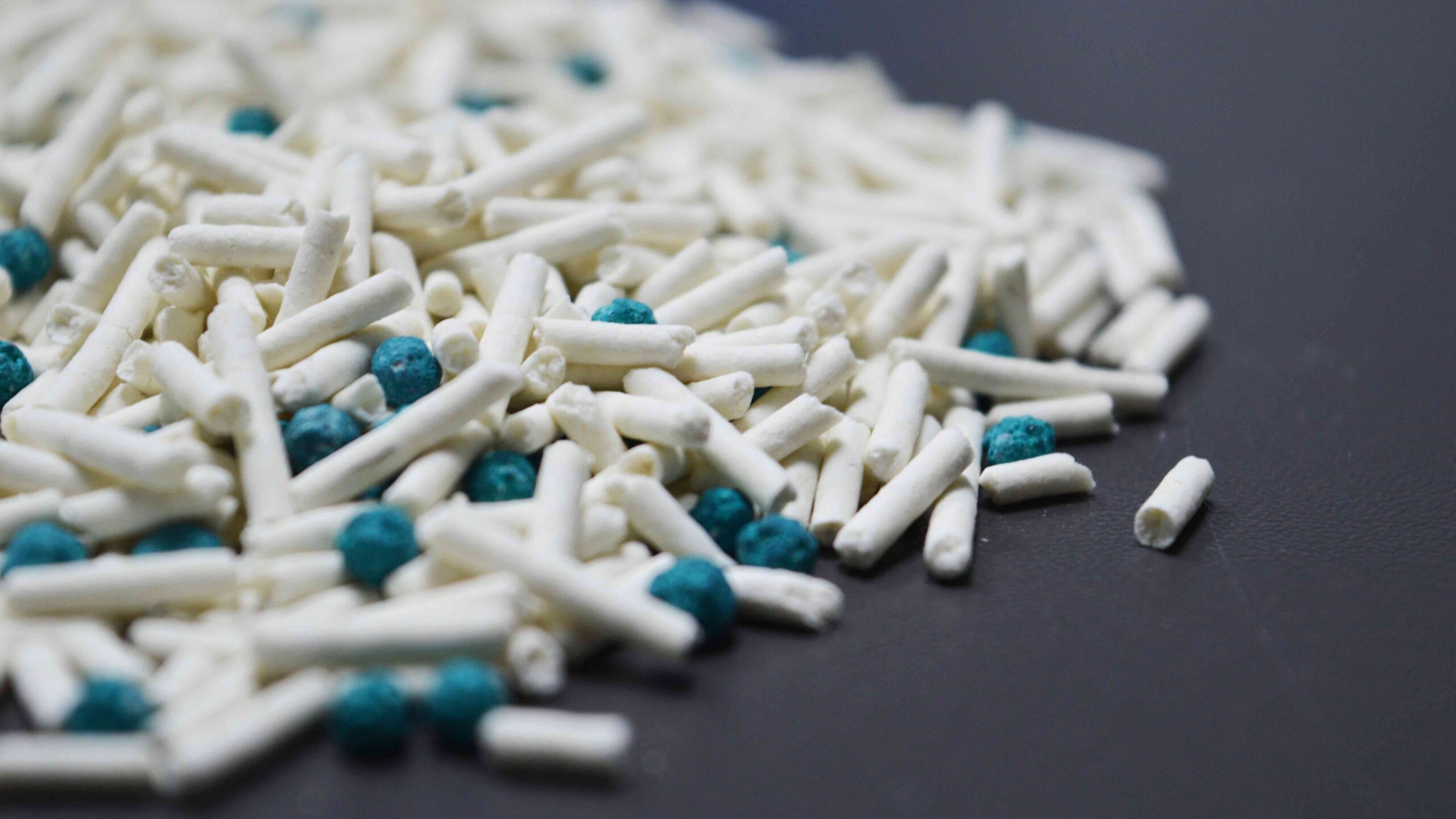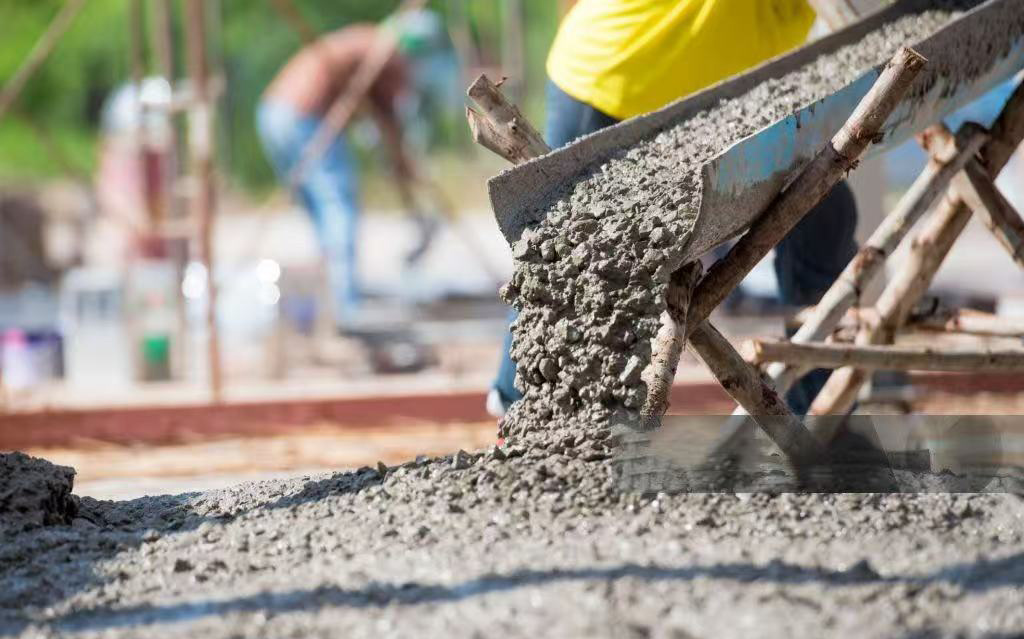
Table of Contents
I.Understanding the Gypsum Plastering Formula
An efficient plastering formula must have these characteristics:
Smooth consistency and workability.
Adequate open time.
Strong adhesion to a wide range of substrates.
Crack resistance and shrinkage control.
Consistency over temperature and humidity changes.
Lightweight Gypsum Plaster Formula
Raw Materials | weight/kg |
Desulfurization Gypsum | 750 |
Heavy Calcium Powder (can be combined with 300 mesh stone powder) | 150 |
Glass Beads | 50 |
Cellulose Ether HPMC | 1.5-2.5 |
Starch Ether | 0.5-1 |
Gypsum Retarder | 1-1.5 |
Volume of Water Added 1:2 | |
Without the addition of suitable additives, gypsum plasters may dry too quickly, be difficult to apply, or have a damaged surface. Selecting the right additives is therefore key to optimizing gypsum formulation.
II.Core Additives for Enhancing Gypsum Plastering Formula
1.Hydroxypropyl Methyl Cellulose HPMC
HPMC is a water-soluble cellulose ether with thickening and water retention properties. In gypsum plastering formula, HPMC significantly improves water retention and is able to fully reflect gypsum and water to prevent premature drying. This results in better hydration, improved adhesion and reduced risk of surface cracking.

2. Starch Ether
Starch ether complements HPMC by improving the rheology of plaster. It enhances thixotropy and makes the plaster mix smoother when mixing or applying; it becomes more viscous at rest. This property helps to minimize sagging on vertical surfaces and ensures uniform thickness of the plaster layer.
3. Gypsum Retarder
Gypsum hydrates quickly and usually sets quickly. In most applications, especially in hot climates or for large areas, it is necessary to delay the bonding time to allow sufficient construction time. Gypsum retarders help to regulate the initial and final setting times.
4. Defoamer
III.Customizing Additive Solutions to Plastering Formula
No plaster formulations are exactly the same. Factors such as the quality of the raw materials, the climate, local construction methods and the type of substrate all affect performance. That’s why TENESSY offers customized technical support and product matching services to help customers achieve their ideal plastering formula.
Whether you are using natural gypsum, FGD gypsum or synthetic alternatives, we can carry out laboratory testing and formulation adjustments.
IV.Conclusions
High performance gypsum plaster formulations are more than just gypsum and water, they need to be optimized with the right additives. At TENESSY, we manufacture and supply specialized additives including HPMC, starch ether, gypsum retarders and defoamer, each of which contributes to improved workability, condensation control, air management and surface performance.
By partnering with TENESSY, you get access to advanced product technology, expert technical support and consistent quality, all designed to help you develop reliable, efficient gypsum formulations. Contact us today to learn how we can help you improve your gypsum formulation and achieve better results on every project.













